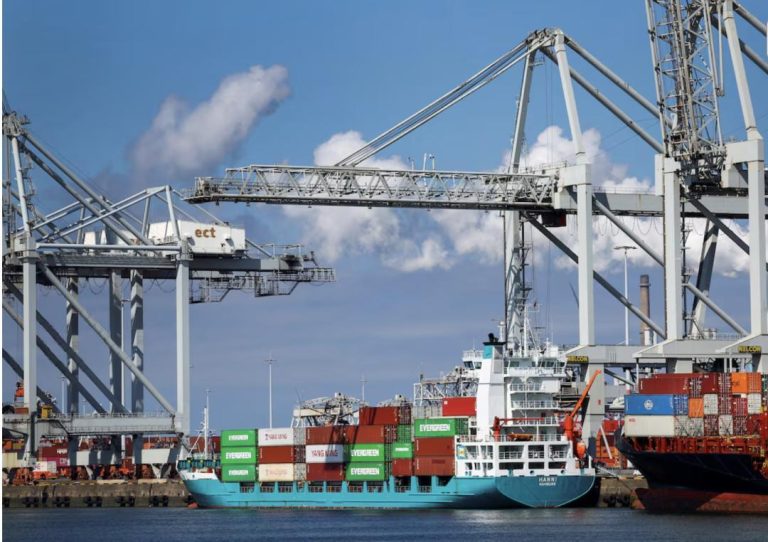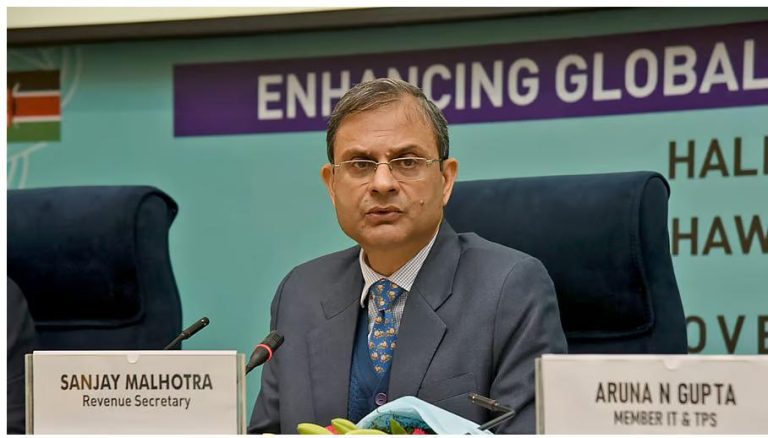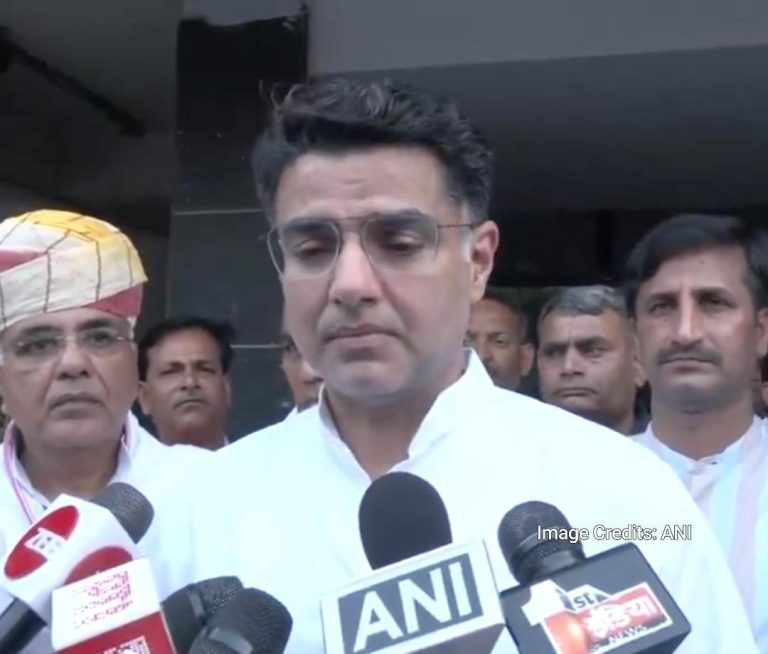
Developing Nations Should Quickly Make Trade Deals with US: Banga
As the global economy continues to grapple with the aftermath of the US-China trade war, World Bank President Ajay Banga has issued a stark warning to developing countries: negotiate trade deals with the US at the earliest possible opportunity. In an interview, Banga emphasized that delaying such deals can have far-reaching and devastating consequences for all parties involved.
According to Banga, developing countries are likely to suffer the most in the US-China trade war, as they rely heavily on international trade to drive their economies. However, he stressed that nobody wins in the long term when countries engage in a protracted trade war.
“If you delay, it hurts everyone,” Banga said, highlighting the importance of swift action in negotiating trade deals. He urged developing countries to seize the opportunity to forge closer ties with the US, citing the benefits of increased trade and investment.
The World Bank President’s remarks come at a critical juncture in the global economy. The US-China trade war, which began in 2018, has already led to significant disruptions in global supply chains, causing widespread economic uncertainty. As the world’s two largest economies continue to engage in a bitter trade dispute, developing countries are facing increased pressure to adapt to a rapidly changing economic landscape.
So, what are the benefits of developing nations making trade deals with the US? Firstly, the US is one of the largest and most influential economies in the world, with a massive market size and significant purchasing power. By forging a trade deal with the US, developing countries can gain access to a vast and lucrative market, enabling them to increase their exports and drive economic growth.
Secondly, the US is a major hub for international trade and investment, with many multinational corporations headquartered in the country. By establishing a strong trade relationship with the US, developing countries can attract more foreign investment, create jobs, and stimulate economic development.
Thirdly, the US is a key player in global trade negotiations, and by forging a trade deal with the country, developing nations can gain a seat at the table in shaping the global trade agenda. This can help them to protect their interests, promote their exports, and address any trade-related concerns they may have.
However, it’s not all smooth sailing. Developing countries may face significant challenges in negotiating trade deals with the US, particularly with regards to issues such as tariffs, intellectual property protection, and labor standards. They may need to make significant concessions to secure a deal, which could have far-reaching implications for their domestic economies.
Moreover, some critics argue that the US is using its economic might to bully developing countries into accepting unfavorable trade terms. This could lead to a situation where developing countries are forced to sacrifice their sovereignty and autonomy in favor of pleasing the US.
So, what can developing countries do to mitigate these risks and maximize the benefits of a trade deal with the US? Firstly, they should prioritize their national interests and negotiate a deal that is mutually beneficial. This may require them to be flexible and willing to make concessions, but it’s essential to ensure that the deal is fair and equitable.
Secondly, developing countries should work together to leverage their collective bargaining power and negotiate a more favorable trade deal. By forming alliances and partnerships, they can create a united front and present a stronger negotiating position.
Thirdly, developing countries should prioritize capacity building and human capital development to take advantage of the opportunities presented by a trade deal with the US. This may involve investing in education and training programs, as well as infrastructure development to support trade and investment.
In conclusion, World Bank President Ajay Banga’s warning to developing countries is clear: delay in negotiating trade deals with the US can have devastating consequences for all parties involved. While there are certainly challenges and risks associated with negotiating a trade deal with the US, the benefits of increased trade and investment can be significant. By prioritizing their national interests, working together, and investing in capacity building, developing countries can maximize the benefits of a trade deal with the US and drive economic growth and development.






